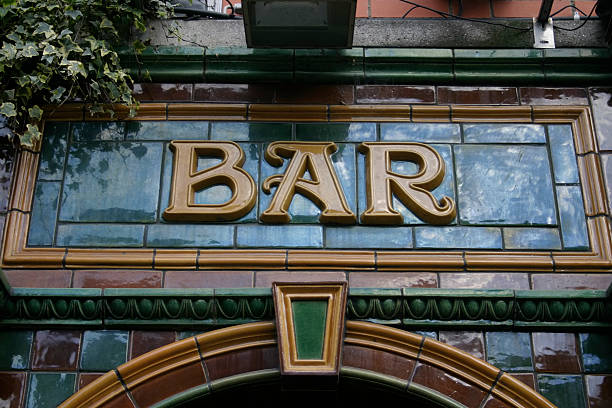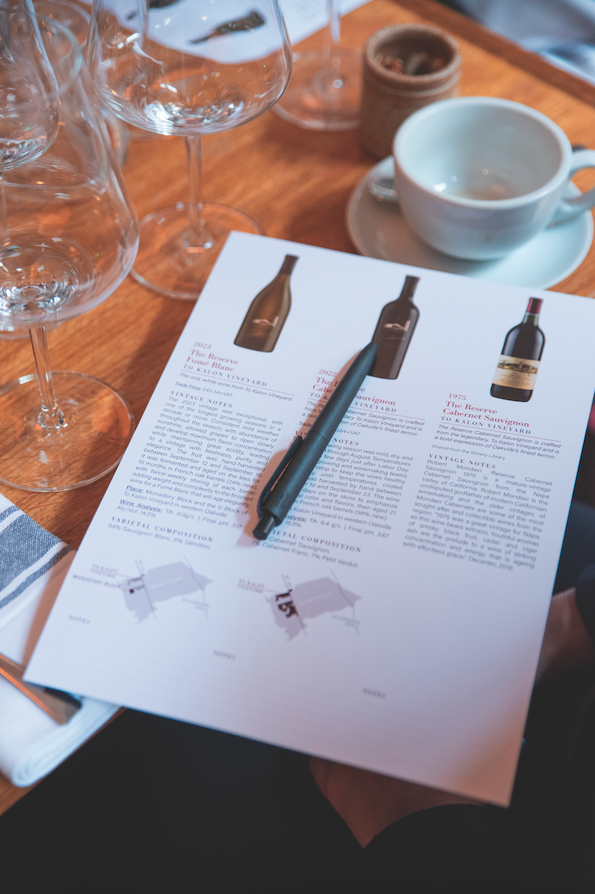Why have thousands of pubs closed in Ireland?
More than 2,000 pubs in Ireland have been forced to close since 2005, according to data from the Drinks Industry Group of Ireland (DIGI).

The research found that 2,054 pubs have ceased trading in Ireland in the past 18 years, equal to a reduction of 24% of licensed premises.
The figures, which reveal that around 114 pubs on average have closed across the country every year of the last 18 also showed that this figure has risen to 144 a year in the period between 2019 and 2023.
According to the DIGI study, every one of the 26 counties has seen the number of pubs in it decrease over the last two years in particular with the more rural counties seeing the highest closure rates.
Limerick was identified as the county with the steepest decline in the number of public houses, with a drop of 35.6% since 2005.
Roscommon saw a drop of 31.9% and Cork now has 31.4% fewer pubs.
The research highlighted how Dublin was the least impacted, with a decrease of just 2.8%, followed by Meath which saw a 6.7% drop in pubs and Wicklow with 8.9% fewer watering holes.
Professor Tony Foley, economist and associate professor emeritus at Dublin City University, who carried out the analysis for DIGI, told RTÉ: “This analysis verifies the consistent trend we have been seeing with pub numbers in every part of the country. There is clearly a variation on closures between counties which broadly sees rural areas adversely impacted. The continuing decline is taking place against a backdrop of societal change and cost of business strains.”
DIGI also outlined how rising costs in the industry, including energy and insurance, were considered a challenge.
Partner Content
The research additionally included surveying 600 pubs and restaurants to find out the biggest factors impacting each of them and discovered that nearly one in four had seen their business costs rise 20-30% over the past two years.
Added to this, 15% admitted that their business costs had climbed by 40% over the same timeframe, not helped by the fact that there was a downward trend in drinking.
Foley explained: “Consumption of alcohol has notably decreased, how we socialise is changing, the types of drinks we consume are changing, particularly the rise of low-alcohol and alcohol-free products.”
Responding quickly to this trend, Diageo expanded the reach of Guinness 0.0 on draught to 1,000 venues across the Republic of Ireland just before last Christmas.
However, adding to the burdon of tougher times budget pub chain JD Wetherspoon revealed plans to sell off its sites in the Republic of Ireland outside of Dublin for €10 million, rather than struggle through.
Giving context to the knock on effect of the closures, DIGI chair and communications and corporate affairs director at Irish Distillers, Kathryn D’Arcy added: “Pubs, restaurants, and hotels employ over 207,000 people which is 8.3% of all employees in the country. These people and the businesses they work for are part of the economic and social fabric of their communities. Running such businesses in a climate where the cost of doing business is squeezing more and more is difficult.”
After assessing the data, DIGI has called for a cut in excise duty on alcohol, as it claims the rate on spirits and beer is one of the highest in Europe and the rate on wine is the second highest, each having a detrimental impact on the sector.
In the current climate, Irish pubs seemingly can’t win with further news showing how a Dublin pub was charging over a tenner for pints, which sparked fear among consumers that more of Ireland’s pubs will raise their prices and greater fear among publicans that they would have little choice unless something could be done soon.
Related news
York launches NoLo map to spotlight alcohol-free options ahead of Dry January
Heineken launches WhatsApp technology that swaps voice notes for beers in pubs




